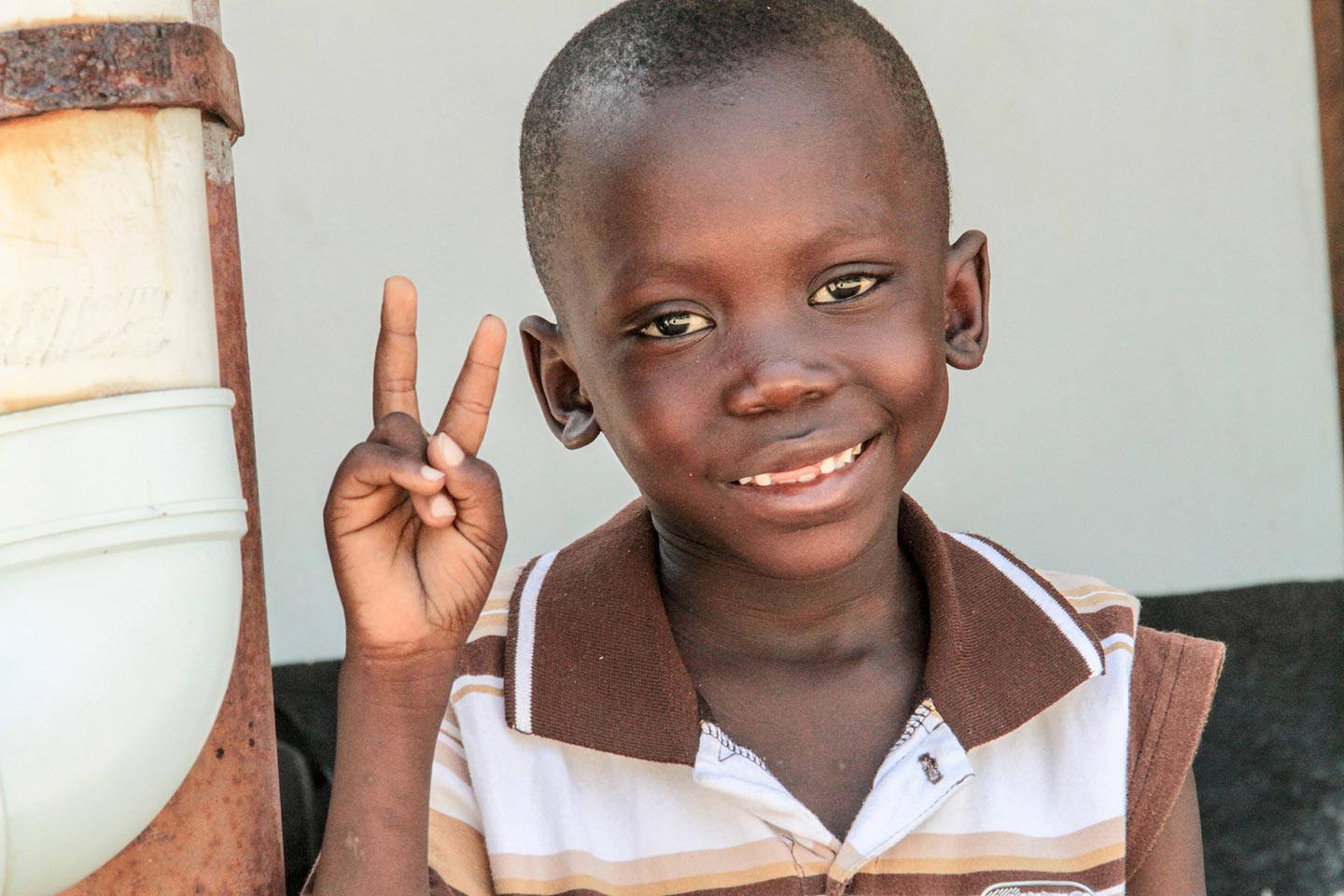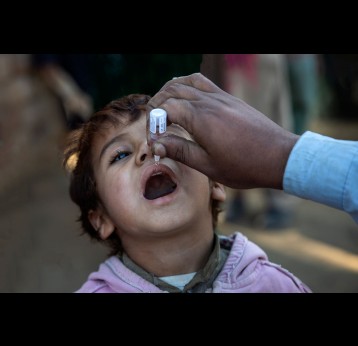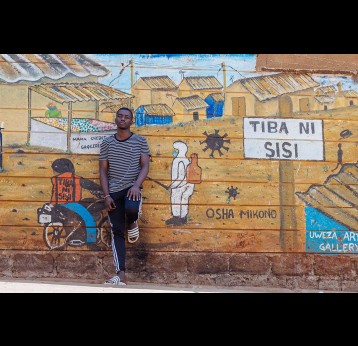September 2020 marks the 75th anniversary of the United Nations General Assembly (UNGA). This year, the focus of the high-level General Debate is the importance of effective multilateralism: “The future we want, the United Nations we need: reaffirming our collective commitment to multilateralism – confronting COVID-19 through effective multilateral action.”
A typically very busy time of the year at the UN Headquarters in New York is reimagined as a series of virtual discussions, with COVID-19 high on the agenda – as economies continue to grapple with the health, social and economic fallout from the crisis, and its impact on the Sustainable Development Goals. Being a central player in the COVID-19 response as a co-lead of COVAX, Gavi is working to end the acute phase of the pandemic through urgent and collaborative action.
Key themes at UNGA 75
COVAX and the call for global solidarity
No one is protected unless everyone is. Bringing the COVID-19 pandemic under control, and restarting societies and economies, demands a global solution. The COVAX Facility is a historic opportunity for global solidarity and international cooperation, to ensure equitable access to safe and efficacious COVID-19 vaccines, toward a more equitable exit strategy from the pandemic.
The COVAX Facility is part of COVAX, the vaccines pillar of the Access to COVID-19 Tools (ACT) Accelerator, which is co-led by the Coalition for Epidemic Preparedness Innovations (CEPI), Gavi and WHO – working in partnership with vaccine manufacturers, UNICEF, the World Bank, civil society organisations and others – to accelerate the development and manufacture of COVID-19 vaccines, and to guarantee fair and equitable access for every country in the world. With more than 150 economies committed to or eligible to receive vaccines, the COVAX Facility represents a major boost to global COVID-19 response. Gavi’s engagement at the 75th UNGA is a stepping-stone on the path to the ultimate goal of being one world, protected.
Immunisation and the Sustainable Development Goals
Immunisation plays a critical role in achieving the Sustainable Development Goals (SDGs), as it is one of the most cost-effective ways to save lives and promote “good health and well-being” (SDG 3). Immunisation routinely reaches more households than any other health service, providing an effective platform to deliver other primary health care services and upon which to build Universal Health Coverage.
The considerable social and economic disruption caused by COVID-19 includes a devastating impact on routine immunisation in least-developed countries, increasing the resurgence of vaccine-preventable diseases (VPDs), compromising global and national health security, and putting health targets for SDG 3 further out of reach. Meanwhile, even before the pandemic took hold, more than 10 million children in Gavi-supported countries were still not receiving even the first dose of basic vaccines.
Gender equality and women’s empowerment
Progress on gender equality has been impacted due to the current pandemic, with social, economic and long-term health consequences disproportionately impacting the lives of women and girls. Recognising the gendered impacts of COVID-19 – and incorporating voices of women on the frontline of the response and those most affected by the disease – ensure COVID-19 response plans can overcome gender-related barriers and promote equity of access for all genders to immunisation and related health services for all genders. In its next strategic period (2021– 2025) and through its recently updated Gender Policy, Gavi has committed to increasing immunisation coverage by supporting countries to overcome gender-related barriers to accessing immunisation services.
Global health security
The COVID-19 pandemic has shown that infectious diseases know no borders: as of 22 May 2020, disruptions to routine childhood immunisation programmes have put at least 80 million children in Gavi-supported lower-income countries at risk of VPDs, with populations previously missed by essential health services hit the hardest. Minimising the disruption caused by COVID-19, and restoring routine immunisation programmes, is key to preventing further VPD outbreaks. The COVID-19 response is also an opportunity to reimagine public health and primary health care systems, with a focus on reaching “zero-dose” children and missed communities.
KEY EVENTS:
UNGA is critical opportunity to interlink immunisation, the broader development agenda and recovery from the current pandemic. To this end, Gavi will host and take part in several events:
- 21 September 2020: The Future We Want, the UN We Need: Reaffirming our Collective Commitment to Multilateralism: high-level meeting
- 22–23 September 2020: World Humanitarian Forum
- 23 September 2020: Ensuring Equitable Access to Life-saving Immunizations in the time of COVID-19: will highlight the need for global coordination to implement equitable access to a COVID-19 vaccine
- 24 September 2020: World Economic Forum Sustainable Development Impact Summit to leverage the best examples of public-private cooperation, systems thinking and technologies to advance the sustainable development agenda
- 25 September 2020: Launch of the 2020 Progress Report on Every Woman Every Child Global Strategy for Women’s Children’s and Adolescents’ Health
- 29 September 2020: Accountability Breakfast 2020, hosted by The Partnership for Maternal, Newborn & Child Health (PMNCH), White Ribbon Alliance and Every Woman Every Child. Gavi intervention on “Data, action and citizen engagement” and the importance of reaching zero-dose children through immunisation programs
- 30 September 2020: Accelerating the end of the COVID-19 pandemic – a virtual high-level side event to mark the progress of the ACT Accelerator and particularly the COVAX Facility







